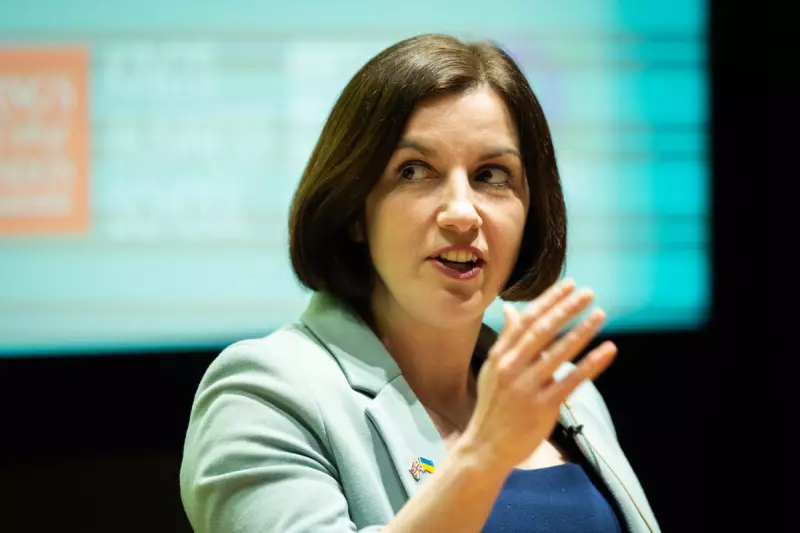
Labour's shadow cabinet is actively engaged in diplomatic efforts to revive the stalled Middle East peace process, with senior figures pushing for renewed international focus on a two-state solution between Israel and Palestine.
Behind the Scenes: Labour's Peace Initiative
Shadow Education Secretary Bridget Phillipson has disclosed that Labour representatives are holding crucial discussions with international partners to "build momentum" toward lasting peace in the region. The initiative comes amid ongoing violence in Gaza and growing pressure for political solutions.
"We are talking to partners internationally about how we can build momentum towards that two-state solution," Phillipson stated, highlighting the party's commitment to diplomatic engagement despite not currently holding government power.
Starmer's Leadership Test
Labour leader Keir Starmer faces significant challenges in maintaining party unity over the contentious issue. The conflict has exposed deep divisions within Labour ranks, mirroring broader political tensions across Westminster.
Starmer's previous comments supporting Israel's right to self-defence have drawn criticism from some party members and pro-Palestinian groups, creating a delicate balancing act for the opposition leader.
Trump's Controversial Legacy
The shadow minister also addressed the previous administration's approach, noting that Donald Trump's Middle East peace plan had "made things more difficult" for achieving sustainable conflict resolution. Phillipson's comments suggest Labour would pursue a substantially different diplomatic strategy if they enter government.
Political Fallout and Future Directions
The Gaza conflict continues to present one of the most challenging foreign policy issues for UK political parties. Labour's positioning on Israel-Palestine relations remains a critical test of Starmer's leadership and the party's foreign policy coherence.
As violence persists in the region, pressure mounts on all UK political leaders to articulate clear, principled positions that balance humanitarian concerns with complex geopolitical realities.





